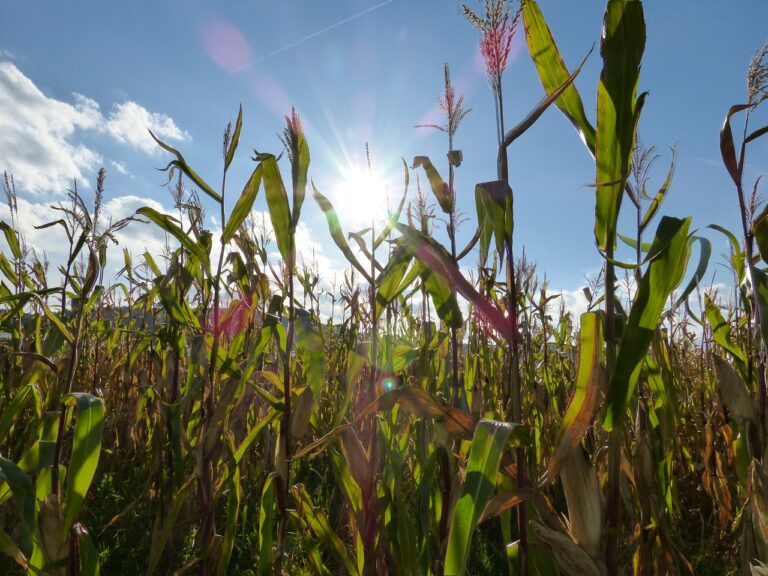The Science Behind Food Allergy Testing and Diagnosis
Food allergies are immune system reactions that occur after consuming a particular food. Symptoms can vary from mild to severe and may include hives, swelling, itching, or even anaphylaxis. These reactions typically happen quickly after eating the trigger food.
Common allergenic foods include peanuts, tree nuts, shellfish, eggs, milk, soy, and wheat. Some individuals may have allergies to multiple foods, making it important for them to carefully read ingredient labels. It is crucial for those with food allergies to always be prepared with an action plan, such as carrying an epinephrine auto-injector in case of a severe allergic reaction.
The Role of IgE Antibodies in Food Allergies
IgE antibodies play a crucial role in the development of food allergies. When a person with a food allergy is exposed to the specific food trigger, IgE antibodies recognize it as harmful and signal the immune system to release histamine and other chemicals. This cascade of events results in allergic symptoms such as hives, swelling, difficulty breathing, and in severe cases, anaphylaxis.
The production of IgE antibodies in response to certain foods is influenced by a combination of genetic and environmental factors. Individuals with a family history of allergies are more likely to produce IgE antibodies against common food allergens. Additionally, factors such as early introduction of certain foods, the gut microbiome composition, and exposure to allergens through the skin can also influence the development of IgE-mediated food allergies.
What are food allergies?
Food allergies are an immune system response to certain proteins found in food. When someone with a food allergy consumes the allergen, their immune system produces antibodies to fight off the perceived threat.
How do IgE antibodies play a role in food allergies?
IgE antibodies are a type of antibody produced by the immune system in response to an allergen. In the case of food allergies, IgE antibodies are produced in response to specific proteins found in certain foods.
How do IgE antibodies cause symptoms of food allergies?
When someone with a food allergy consumes the allergen, IgE antibodies trigger the release of histamine and other chemicals that cause symptoms such as hives, swelling, difficulty breathing, and in severe cases, anaphylaxis.
Can food allergies be diagnosed by testing for IgE antibodies?
Yes, food allergies can be diagnosed through blood tests or skin prick tests that measure the levels of IgE antibodies in response to specific food allergens.
Is there a cure for food allergies involving IgE antibodies?
Currently, there is no cure for food allergies, but management strategies such as avoidance of allergens and carrying an epinephrine auto-injector for emergency situations can help prevent severe reactions.







